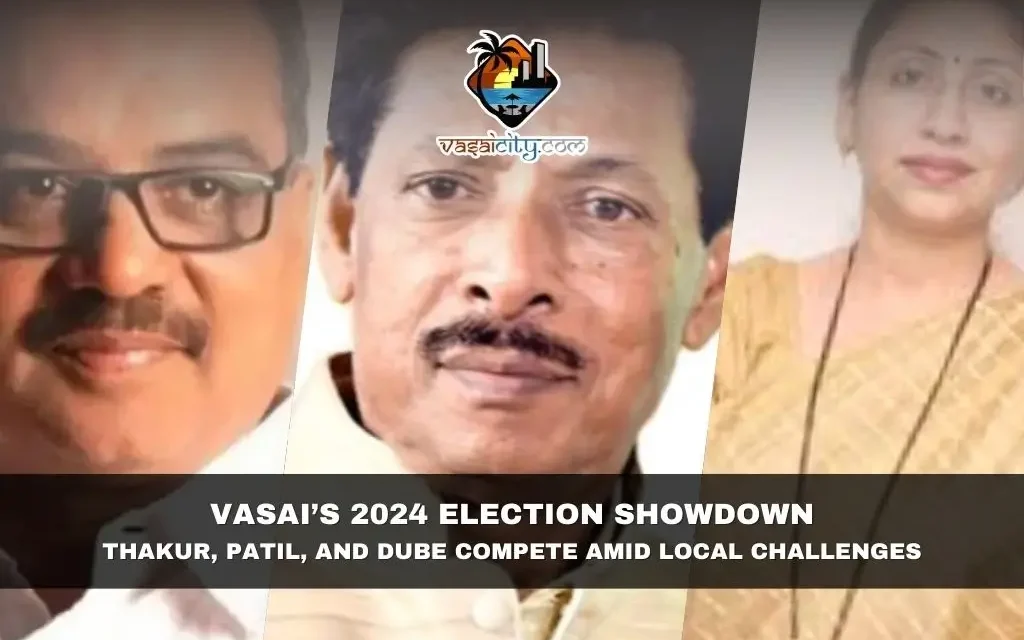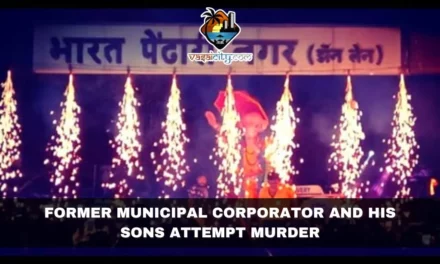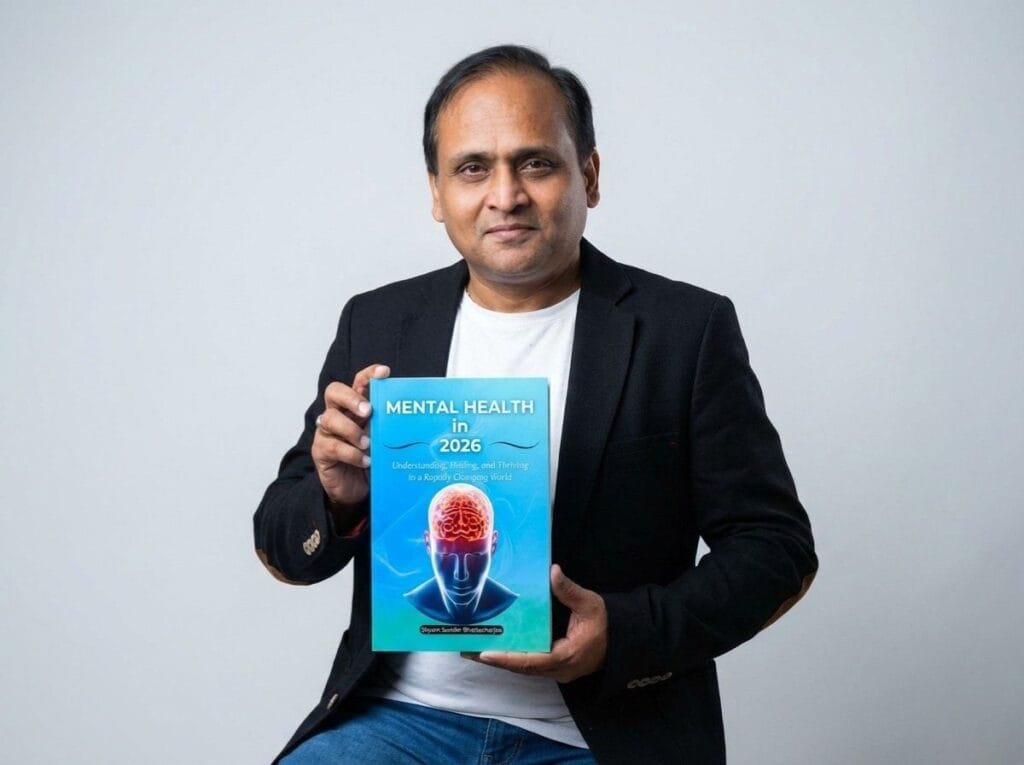As Maharashtra’s 2024 Assembly election draws near, Vasai, a constituency in Palghar district, is emerging as a focal point. This area, known for its history of supporting independent candidates, has faced persistent challenges with basic amenities, and voters are keen to see change. Leading the race in Vasai are three prominent candidates: incumbent MLA Hitendra Thakur of the Bahujan Vikas Aghadi (BVA), Vijay Patil of the Congress, and Sneha Dube from the Bharatiya Janata Party (BJP). While each candidate brings unique strengths and connections, they also face pressing questions from voters who hope the new leadership will address local issues that have long been neglected.
A History of Independent Power in Vasai
Vasai has seen a blend of party-aligned and independent leadership throughout its electoral history, making it one of the more unpredictable seats in Maharashtra. Since Vasai began holding Assembly elections, independent candidates have won four out of the ten contests, underscoring a voter base that often opts for leaders based on individual merit over party loyalty. However, for the past two elections, the BVA, under the leadership of Hitendra Thakur, has held the Vasai seat, demonstrating his significant influence over the region’s voters. Thakur, who has represented Vasai for over three decades, is now preparing for yet another face-off, this time against seasoned Congress leader Vijay Patil and new contender Sneha Dube from the BJP.
Hitendra Thakur: The Incumbent with Deep Local Ties
Hitendra Thakur is known for his longstanding connection with Vasai and the wider Palghar district, where he has established a loyal network of supporters. Since first being elected in 1990, Thakur has only strengthened his foothold, with his influence extending throughout the district. Despite some recent losses in Lok Sabha elections, Thakur’s connection to local voters has remained solid, and his supporters believe he remains the right candidate to address the challenges Vasai faces.
Thakur’s political journey has been one of resilience and adaptability. After beginning his career with Congress, he later ran as an independent and has maintained his grip on Vasai since 2014 under the BVA banner. Thakur’s appeal stems from his practical understanding of the issues affecting his constituents. Yet, with the challenges of water scarcity, power outages, and rising bills still troubling Vasai residents, some voters are calling for a new approach, questioning whether Thakur’s leadership can still bring the change they need.
Vijay Patil: Banking on Congress Roots and Local Loyalty
Representing the Congress, Vijay Patil brings with him a long history in local governance and a reputation for working closely with Vasai’s original communities. Patil has held roles within Zilla Parishad committees, demonstrating his commitment to regional governance, and he’s seen as an advocate for farmers and traditional local communities, including the Agris and Kolis. Patil’s supporters often refer to him as a champion for “bhoomi putras” (sons of the soil), indicating his close connection with the indigenous and long-established communities in the region.
Patil’s campaign is built on the promise of addressing Vasai’s deep-rooted civic issues with a focus on the needs of these original residents. While Congress has not had recent wins in Vasai, Patil’s supporters believe that his established relationship with local communities may just be what’s needed to break BVA’s hold on the seat. Additionally, his campaign’s appeal to both Congress and Shiv Sena voters positions him as a solid contender who could unite voters under a shared vision for Vasai’s future.
Sneha Dube: BJP’s Rising Star and Advocate for Change
In stark contrast to the seasoned political veterans Thakur and Patil, Sneha Dube from the BJP brings fresh energy to the contest. Dube comes from a politically active family—her parents, Vivek and Vidyulata Pandit, are well-known figures in Vasai’s political scene—and she has strong backing from Hindutva groups and the BJP’s broader support base. Her campaign has successfully attracted younger voters and is gaining momentum among Gujarati and North Indian communities, who have increasingly aligned with the BJP in recent elections.
Dube also has a strong base of support among adivasis (tribal communities), which gives her a distinct advantage in certain parts of Vasai. Her campaign emphasizes development, improved infrastructure, and a push for clean governance. While she is new to the Assembly race, her appeal to the rising BJP support base and her emphasis on addressing civic issues like water supply and infrastructure resonate with a growing demographic in Vasai.
Voters’ Demands: A Call for Real Solutions
Despite the fierce competition between Thakur, Patil, and Dube, one concern remains central: Vasai’s civic issues. Residents have long struggled with an unreliable water supply, and the problem has remained largely unsolved despite repeated promises. This scarcity has left many areas in Vasai reliant on water tankers, which are costly and inconvenient. During past elections, candidates have pledged to make Vasai “tanker-free,” but progress has been slow. Voters are increasingly frustrated, hoping this election will bring a representative who will prioritize a long-term solution for sustainable water access.
Additionally, Vasai’s residents are facing frequent power outages and rising electricity bills, which add to their daily struggles. With an unstable power supply, local businesses and residents alike find themselves paying higher costs without reliable service. Each of the candidates has touched on these issues in their campaigns, but voters remain cautious, waiting to see who will offer concrete plans for improvement.
Election Day Approaches
The Vasai constituency will head to the polls in a single phase on November 20, joining the other 287 constituencies across Maharashtra. With the state’s political landscape undergoing shifts, Vasai is poised to become a critical seat, as the outcome could indicate voter sentiments toward local governance versus party loyalty. Thakur, Patil, and Dube each bring different strategies and support bases, but they share the common goal of addressing Vasai’s most urgent issues.
For many in Vasai, this election is about more than party allegiance—it’s about solutions. Residents want to see improvement in basic amenities, transparency in governance, and a leader who genuinely prioritizes their concerns. While Thakur’s decades-long connection, Patil’s appeal to indigenous communities, and Dube’s fresh vision represent distinct paths forward, it is up to the voters to decide which candidate can best lead Vasai toward a future of progress.
As the election results are set to be announced on November 23, all eyes are on Vasai, and the constituency waits in hope that this election will finally bring the changes they have long been promised.










